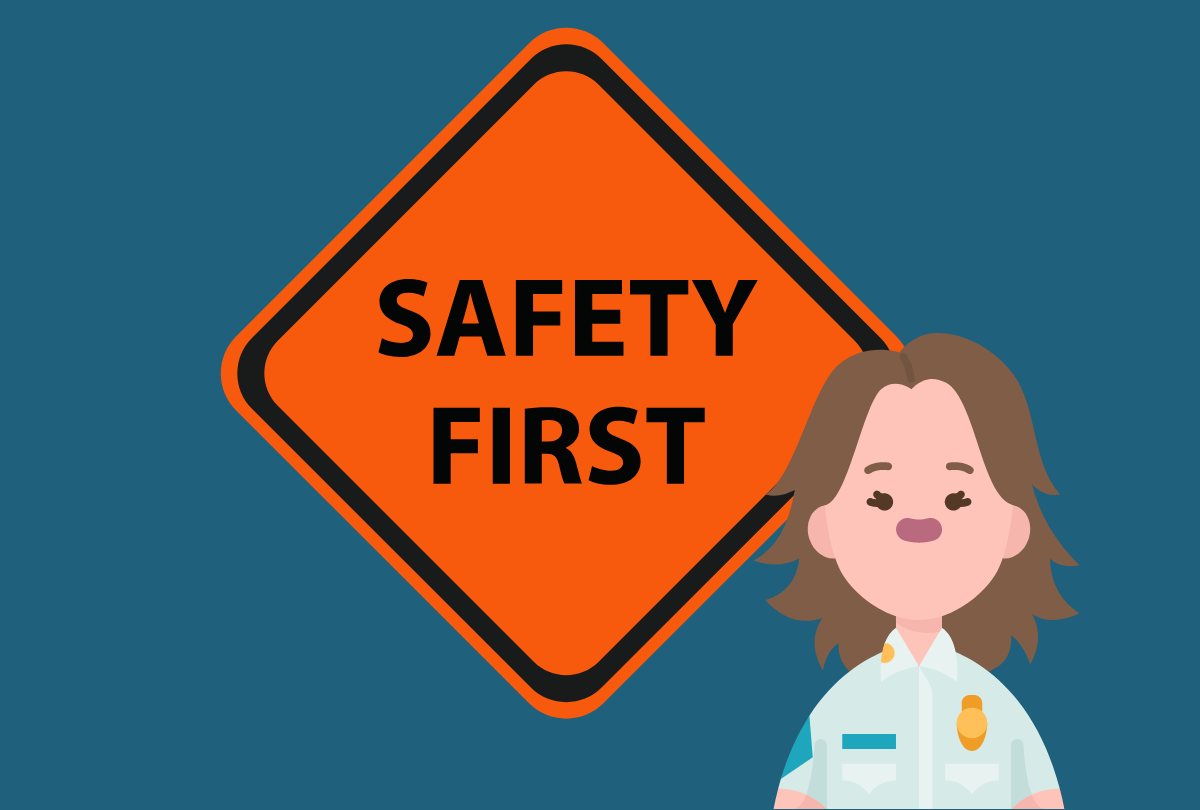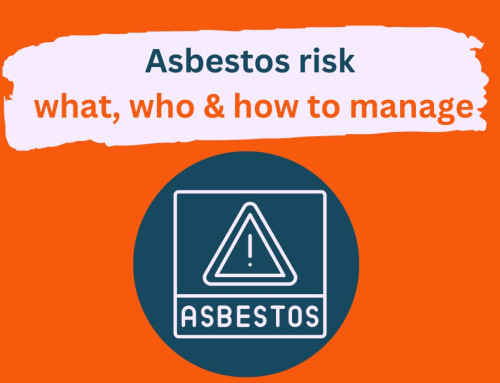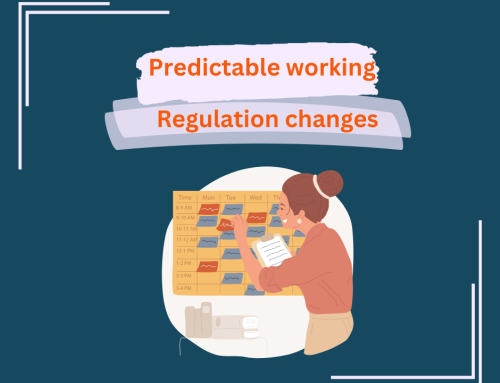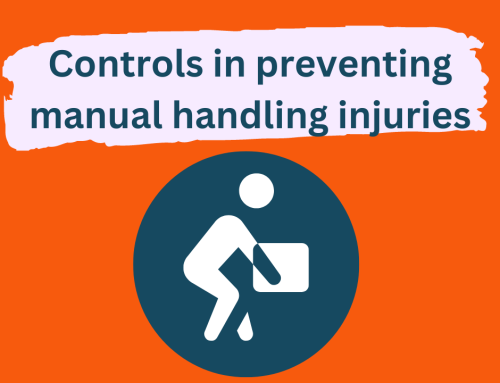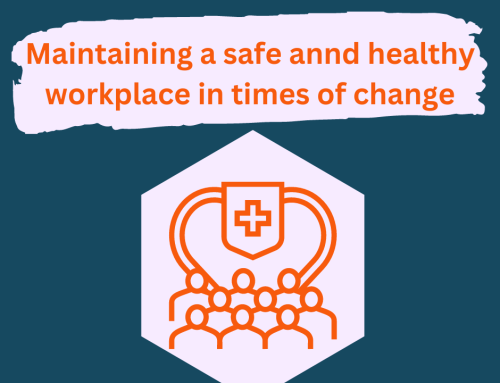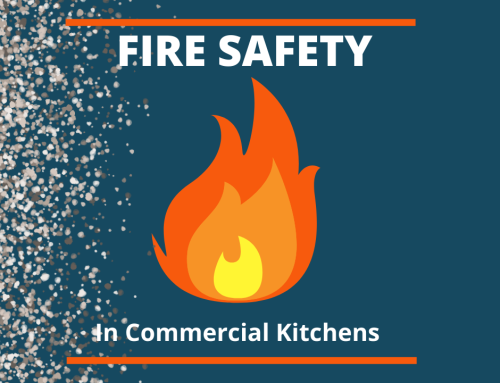NIG Risk Assist have updated us on health and safety news regarding the changes to the Fire Safety Act and its implications on you as a “Responsible Person”. Use this blog to identify who the Responsible Person is in your organisation and ensure all of the updates are completed to avoid penalties and enforcement.
___________________
The Fire Safety Bill was introduced by the Home Office in April 2021 to improve the fire safety in England and Wales following the Grenfell Tragedy in 2017 and due to this, there was a publicized debate regarding the current fire safety legislation order 2005.
There is now additional responsibility to minimise the risk to life from fire for compliance on the “Responsible Person” (RP), as an employer, freeholder, management company or managing agent. This responsibility includes ensuring that the fire risk assessment is kept up to date, the implementation of appropriate fire safety measures and the completion of a relevant fire risk assessment that needs to be completed by a suitably qualified or competent person.
There are some notable changes to be mindful of as a responsible person. Firstly, it further defines multiple occupancy as any residential building with two or more sets of domestic premises, irrespective of building height. Secondly, the external parts of the building such as the walls, windows, balconies and cladding, will need to be risk assessed by the Responsible Person, or a specialist assessor, who must also manage and, where reasonably practicable, reduce the risk from fire. This also applies to the doors between premises that lead to common parts of the building. Finally, the Act introduces “risk-based guidance” to encourage an approach to assessing risk in-line with the building’s features.
The type of property affected mostly apply to multi-occupied, residential buildings meaning any premises that comprise of anything other than a single dwelling. This means that, just as a high-rise building with hundreds of apartments, need a fire risk assessment and adequate fire safety measures, so does a house converted into two flats.
Another area of clarification within the FSA is the responsibility of entrance doors to individual flats that open into communal areas; these now fall to the Responsible Person to ensure they are fully compliant and maintained. The fire doors will need to have all the correct intumescent and fire-rated hardware, as well as a risk assessment.
Non-domestic premises include all workplaces and commercial premises, all premises the public have access to and the common areas of multi-occupied residential buildings.
For shared premises it is likely there will be more than one Responsible Person and fire safety plans will need to be co-ordinated to ensure people on or around the premises are safe. For common or shared areas, the Responsible Person is the landlord, freeholder or managing agent.
When building new premises or doing building work on existing premises, building regulations must be complied with regards to alterations, extensions and new buildings. This includes designing fire safety into the proposed building or extension.
The fire safety building regulations provide the full details on this.
Make sure you have carried out all of the necessary risk assessments as they enable you to not only ensure you’re doing everything practically possible to prevent and protect against fire in the first place, but also to prove it. If you do not follow fire safety regulations, you could be fined or go to prison so risk assessments are super important. Local fire and rescue authorities inspect premises and can issue fire safety notices telling you about changes you need to make.
For further information, see the Government website where you will find the commencement of the Fire Safety Act and how it affects Responsible Persons and others. The Amendments to the Regulatory Reform (Fire Safety) Order 2005: Fact Sheet, check if you are a Responsible Person using this self-assessment identification guide and for further guidance on what is required as a Responsible Person and how to carry out your duties see Fire Risk Assessment in the H&S A-Z together with links to a wealth of relevant guidance and document templates.
___________________
Talbot Jones Ltd is a family-run Chartered Insurance Broker specialising in Third Sector and Professional risks. Get in touch for free insurance advice, review or quotation.
Talbot Jones Ltd incorporates March Insurance Services, a Chartered Insurance Broker specialising in Agricultural and Hospitality Risks.
